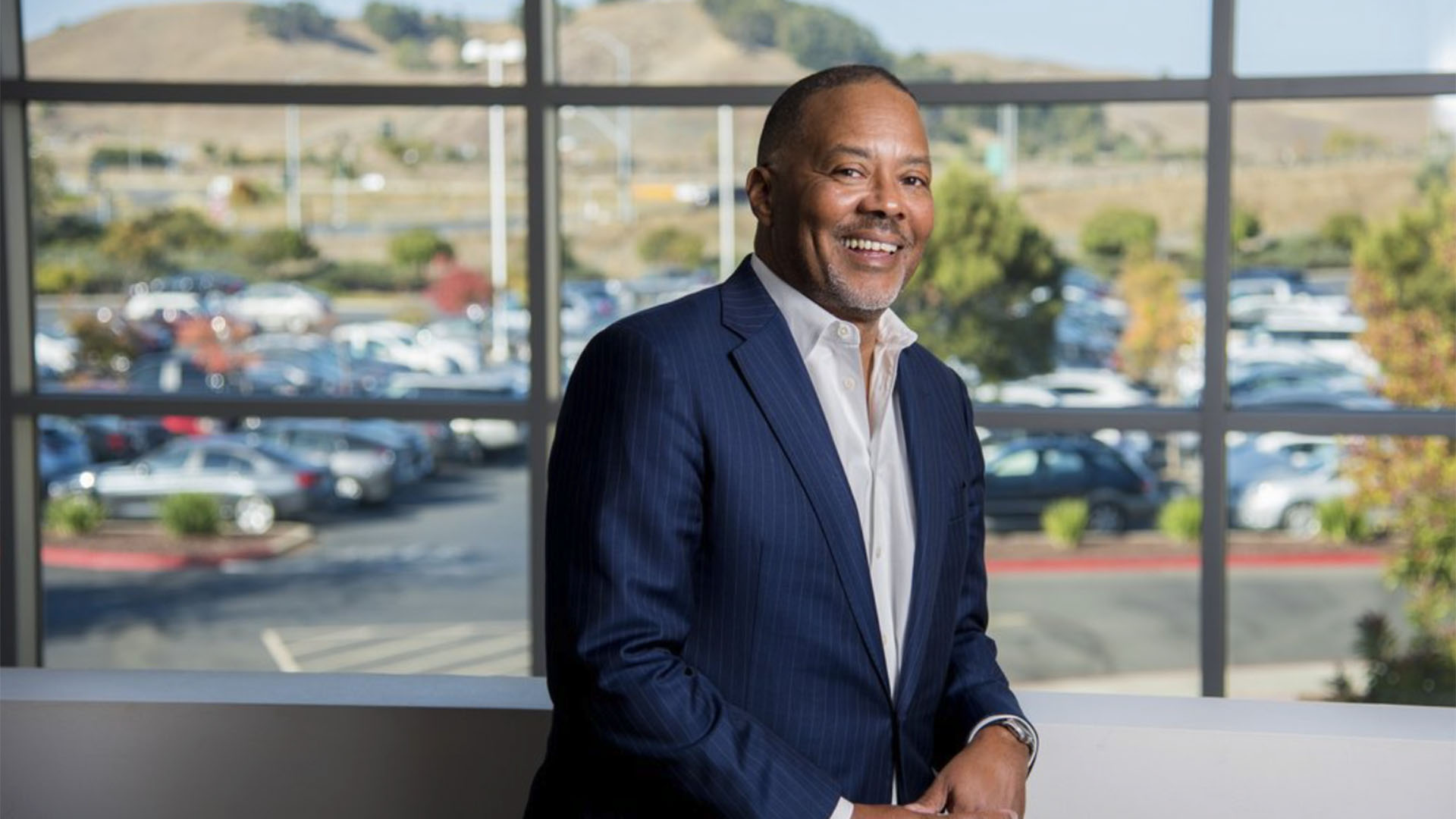Almost everyone has something that is the driving force behind their work. Ralph Clark’s deep passion for helping people solve their problems has always been his motivation.
Starting out in marketing at IBM, the Oakland, CA, native pursued graduate work at Harvard Business School, going on to become an investment banker with Goldman Sachs and Merrill Lynch. From there, Clark secured C-suite roles at several companies before becoming GuardianEdge Technologies’ president and CEO in 2005, per his LinkedIn profile.
During his time at the endpoint data protection company, Clark helped grow the company’s team, increase annual bookings, and raise $14 million in equity. Moreover, he led the negotiation for GuardianEdge to be acquired by Symantec for $73 million in 2010.
Shortly after GuardianEdge’s acquisition, Clark joined SoundThinking (formerly known as ShotSpotter) as its president and CEO. Within the same year of arriving at the public safety technology company, he attended an annual National Organization of Black Law Enforcement Executives (NOBLE) Conference in Baltimore, MD, that sparked the idea of a significant company pivot.
During the event, Clark spoke with people who shared that their agencies couldn’t afford SoundThinking’s technology. This news made him turn the company’s business model into a SaaS recurring revenue model, which could be offered at a much lower price.
“[SoundThinking] was very successful in selling to very well-resourced agencies… but the need was compelling across a number of agencies that could never step up and invest like $1 million, which is what the old business model required,” Clark explained in an interview with AFROTECH.
Clark pushed forward the notion of making SoundThinking’s technology more affordable on an annual subscription basis. The new idea was a potential risk. However, he firmly believed that the company could make a difference and that people would want to tap in and continue to renew their subscriptions.
While Clark already had leadership experience in transforming a workplace, taking SoundThinking into a new direction presented several challenges. He shared with AFROTECH that he was surprised he “wasn’t fired at least five times in the process” of transitioning the business model. The company was offsetting revenue, but it wasn’t enough to cover its initial investment. Additionally, it wasn’t breaking even for two to three years. Despite the challenges, such as having to put in more capital, Clark remained steadfast and had great support in his corner.
By 2017, Clark not only led in transforming SoundThinking’s business model but also took the company public — placing him among a small number of Black CEOs to do so.
Clark’s dedication to SoundThinking was fueled by his seeing an opportunity to have an impact as a leader who could improve law enforcement and policing. The company, which detects gunfire and alerts first responders, works to address the issue of under-reporting of criminal gunfire in communities. Clark shared how he saw firsthand the impact of the technology as one of his friends was shot nine times in Oakland, CA, and witnesses took a while to call 911. He says it was the SoundThinking alert that brought the police to the scene before the 911 call was logged, and a trauma surgeon was able to save his friend’s life.
“If he had shown up at that trauma care center like a minute or two later, he would’ve been done,” Clark said.
In a collaborative effort with law enforcement, community violence prevention groups, public health organizations, and social services, SoundThinking spearheads programs such as Data for Good. Under the mission to create safer neighborhoods and save lives, Data for Good provides access to gunfire data to deploy helpful resources and services to at-risk communities.
As SoundThinking has the mission to tackle gun violence, Clark is aware that it takes “a whole village” to address the safety crisis. He hopes the future of policing continues to evolve with the help of technology.
“I think there’s an amazing opportunity for policing, like a lot of other industry cohorts, to leverage digital transformation that is turning analog manual processes into digital automated processes to make policing be more efficient and effective,” Clark shared. “In our case, we have another thing that we’re after too, and that is making it more equitable… in terms of how they’re leaning in to co-produce with communities on public safety outcomes and doing it on an equitable basis.”
He continued, “I think far too many communities of color, they’re over-policed and underserved at the same time… Our view is, as a company, we want to provide the tools and technology to help reverse that.”


